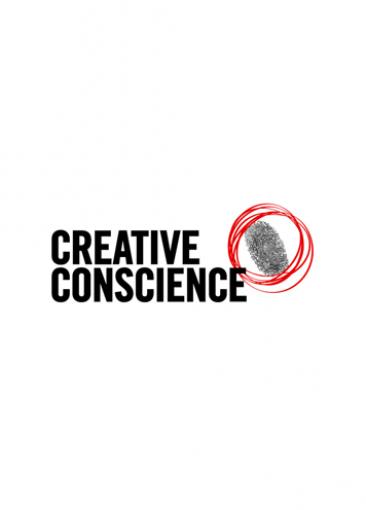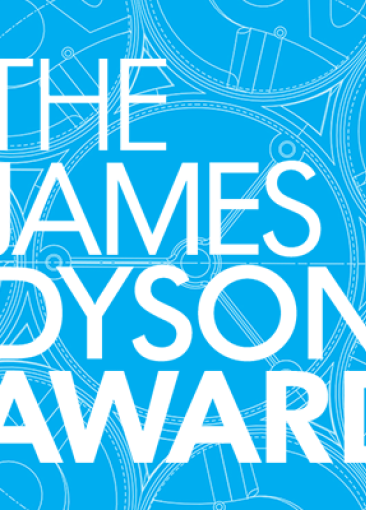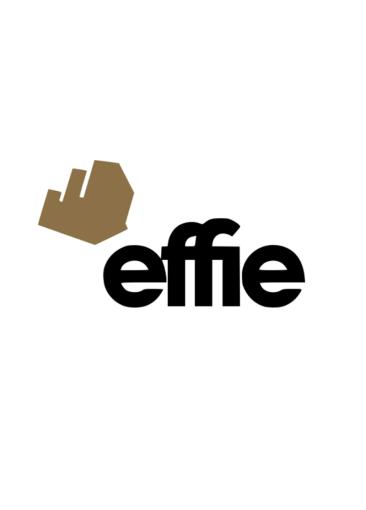In an exciting literary collaboration, three Singaporean storytellers, Woo Yen Yen, Colin Goh and Josef Lee have teamed up to bring young readers a captivating Lunar New Year children’s book that promises to be a celebration of culture, tradition, and bilingualism. Yen Yen’s bilingual expertise, Colin’s adept wordcraft, and Lee’s thoughtful illustrations have collectively crafted a delightful book. It is ideal for families and schools aiming to empower children not only with a second language but also with an appreciation for cultural traditions.
Oh no, Baozi and Xiajiao are fighting, again! They have to say sorry to each other or they cannot play together! Can Shaomai get them to say sorry to each other? A delightful book to read aloud as a family blending humor and a heartfelt message about the true meaning of an apology. A yummy, funny and bilingual book!
Citation:
Woo, Yen Yen, et al. Sorry, Not Sorry!: A Dim Sum Warriors Bilingual Tale. Singapore, Yumcha Studios, 2024, ISBN / ISSN: 9789811896637.
This editorial advocates for "becoming" as a central focus in Creative Arts Therapies (CAT), challenging traditional "fix-it" models by embracing fluidity and self-discovery. It argues that CAT, through creative expression, allows individuals to navigate evolving identities, embrace uncertainty, and challenge limitations. Co-editor Daniel Wong highlights the power of "becoming" in fostering self-discovery, promoting inclusion in arts-based communities, and ultimately empowering individuals to shape their own narratives of healing and growth.
This experimental piece of writing serves as a phenomenological response to bathing represented in three examples of art and film: ‘On Being and Bathing’ (2021) by Abi Palmer and Anna Ulrikke Andersen; ‘Nude in the Bath and Small Dog’ (1941-1946) by Pierre Bonnard; and ‘Jeanne Dielman, 23 quai du Commerce, 1080 Bruxelles’ (1975) by Chantal Akerman.
Citation:
Sharma, Jeremy . ''Three Acts of Bathing—an-other reading.'' Metode, vol. 2, 2024, ISBN / ISSN: 2704-0550.
This paper introduces critical elements in the substantial, albeit mostly unpublished, correspondence between cultural anthropologist Edward T. Hall and media theorist Marshall McLuhan related to artistic practice with emerging media technologies in the 1960s.
Identifying and describing major transformations of cultural diplomacy in the conditions of digitalisation and platformization, the chapter proposes a new typology of cultural diplomacy actors. Focusing on the roles they play in the global digital space and the power they can accumulate to exert impact, the chapter explores cultural diplomacy actors from the perspective of their involvement in the processes of digital cross-cultural communications.
Geopolitics of Digital Heritage analyzes and discusses the political implications of the largest digital heritage aggregators across different scales of governance, from the city-state governed Singapore Memory Project, to a national aggregator like Australia's Trove, to supranational digital heritage platforms, such as Europeana, to the global heritage aggregator, Google Arts & Culture.
The chapter discusses sustainable museum funding activities in the context of post-industrial economies. It explores these activities as driving factors that transform museums in the 21st century into dynamic actors of creative economy. The chapter argues that museums are increasingly adopting various ad hoc innovative funding strategies that enable them to generate self-earned revenue. They do it by (1) leveraging their collection’s assets, (2) integrating into the urban tourism economies, and even (3) monetizing their brands via franchising.
When setting a new strategy for their firm, managers engage in a range of sensegiving activities designed to introduce the new direction and explain the reasons for the change. These communication events commonly involve the use of strategic management terms and concepts to explain and justify the prescribed strategy. Literature thus far assumes that audiences understand and agree that these terms and underlying concepts are appropriate and relevant.
In the light of lockdowns, the authors’ Telepresence Stage research project (2021–22) developed effective, affordable approaches to connect theatre and dance performers from their separate homes and place them together within virtual sets online. Combining videoconference and chromakey technologies with virtual scenography, the performers are freed from Zoom-style walled boxes and are able to physically interact, including (virtually) hugging, kissing or fighting one another.



